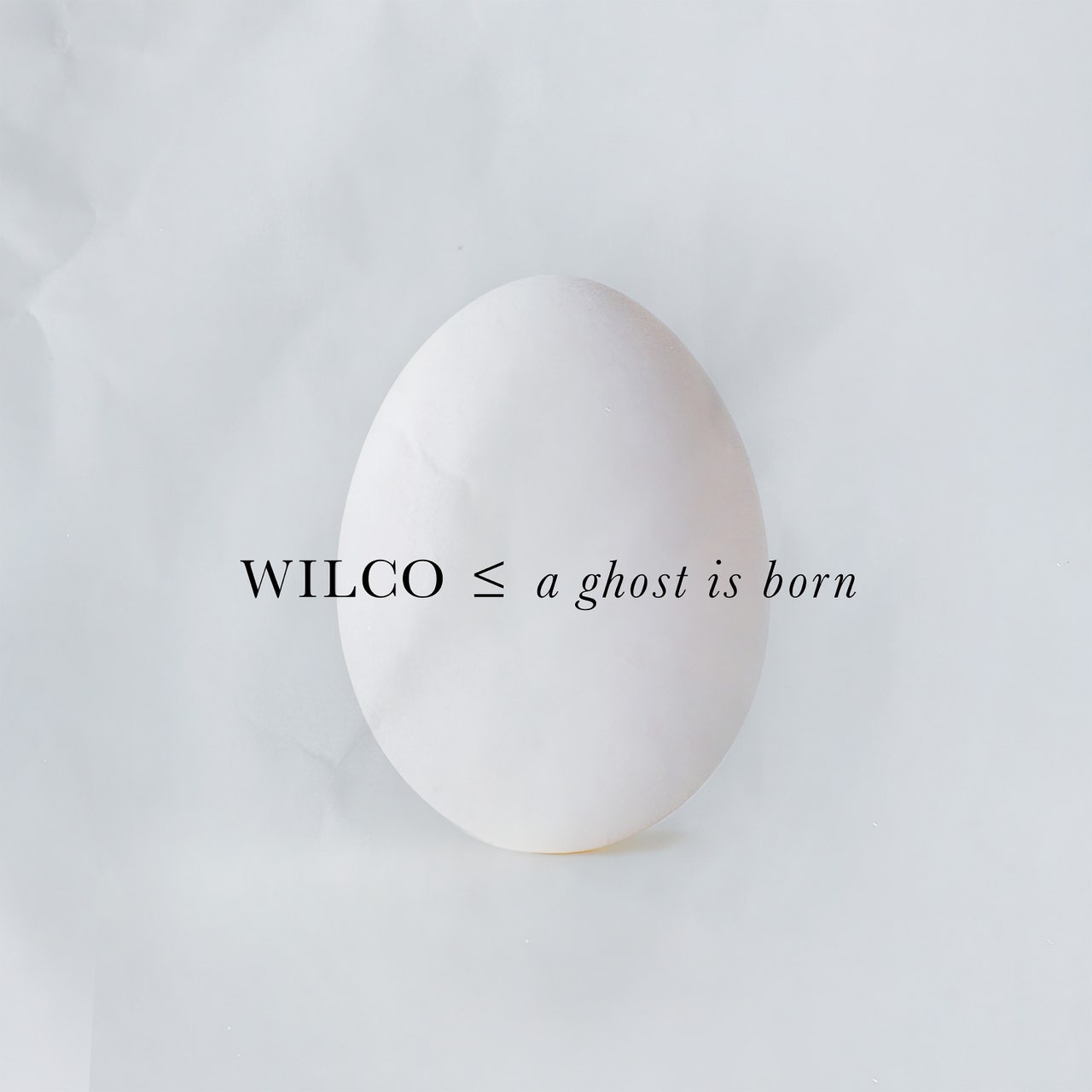Critters scamper through A Ghost Is Born, the extraordinary finale of Jeff Tweedy and Wilco’s most experimental era. Birds, bees, bugs, dogs, and spiders poke their heads out of lyrics steeped in celestial abstraction, cry out over seiches of art rock, and retreat to the shadows. Years later, in his memoir, Tweedy would explain how the animals arrived during the album’s writing phase, a time when he was getting walloped by multiple chronic disorders, subsequent opioid addiction, and mistreatment at the hands of negligent medical professionals—the combination of which would soon culminate in weeks of in-patient rehab. “I was pretty sure I was going to die,” he wrote. “It felt like a big flood was coming, something no one could survive. So I was saving anything I could, piling it all onto this ark.” These animals—each representing a different aspect of his personality, so that his family might be able to posthumously piece him together—served a higher purpose: Jeff Tweedy was writing his own epitaph, his swan song.
He would survive the deluge, but the idea—Wilco’s Noah’s Ark concept album—would not: He ditched that blueprint midway through. And ultimately, A Ghost Is Born is more dynamic and ambitious than a biblical flood metaphor rock album probably could have been. Wilco’s fifth LP is at various points head-splittingly noisy, hypnotically hushed, a bloodletting, a blast, and it all amounts to a wider exploration of what it means to care amid a surrounding world’s collapse. Twenty-plus years after its initial release—and commemorated here with a gargantuan 13-piece box set that exhaustively pieces together its rocky origins—it has never sounded so enduring.
By 2003, Wilco were reaching levels so high that their chemistry and capabilities as a full band simply needed to shine above all. Early that year, Tweedy made an adventurous debut album with Loose Fur, his avant-garde side project with drummer and percussionist Glenn Kotche and composer and studio utility knife Jim O’Rourke, whose auspicious introduction three years earlier made sparks fly and later reinjected Wilco with newfound creative abandon (and politicking) after Tweedy brought them into the fold. O’Rourke’s inside-out touch behind the boards would become the new standard after his mixing offered the final, code-cracking breakthrough to Yankee Hotel Foxtrot, a eulogic dissection of man and nation through a kaleidoscopic Americana lens that happened to coincide with the September 11 attacks and was soon followed by the invasion of Iraq.
O’Rourke played a major role in A Ghost Is Born from start to finish, this time as co-producer and occasional supporting player. By now intimately familiar with the respective personalities of the senior band members, including bassist John Stirratt and multi-instrumentalist Leroy Bach, he brings out their best, especially on “Muzzle of Bees.” O’Rourke wrote the delicately fingerpicked opening, which the band gradually assembles into a sophisticated apex while Tweedy seems to exhale words of naturalistic impressionism. By the time it reaches its stunning instrumental coda, its fine contours are swarming with overdriven amp fuzz. O’Rourke—in that era a full-time member of Sonic Youth who had already had a hand in over 200 albums, including some indie classics—was floored by the final mix. He realized just how badly Tweedy was struggling when he watched him react to the same mix with indifference.
